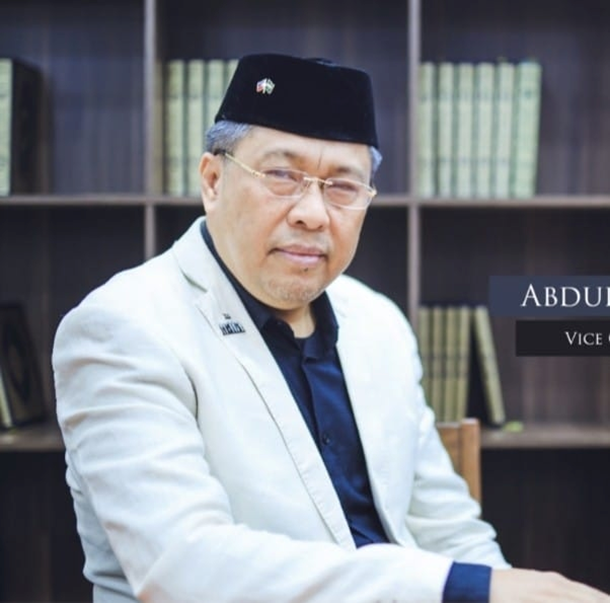In today’s globalized world, where people from different religions, cultures, and backgrounds are living in close proximity, it is essential to have dialogue and understanding between different communities. One of the most effective ways to achieve this is through interfaith dialogue, where representatives from different religions come together to share their beliefs and perspectives.

By: Abdul
Hannan
M. Tago
Islam is a religion that emphasizes the importance of peace, tolerance, and understanding. The Quran, the holy book of Islam, encourages Muslims to engage in dialogue with people of other religions and to seek common ground with them. In Chapter 16, Verse 125, the Quran states, “Invite all to the way of your Lord with wisdom and beautiful preaching, and argue with them in ways that are best and most gracious.” This verse emphasizes the importance of respectful and peaceful engagement with people of other religions.
The Prophet Muhammad himself set an example of engaging with people of other faiths. He established treaties and alliances with Jews and Christians and treated them with respect and fairness. The Prophet’s actions show that Muslims are required to engage with people of other religions in a respectful and peaceful manner.
Interfaith dialogue is important for promoting understanding and respect between different religions. It allows people to learn about each other’s beliefs and practices, and to recognize the shared values that exist between different faiths. It also helps to dispel stereotypes and misunderstandings that may exist between different communities.
In Islam, interfaith dialogue is seen as a way to promote peace and justice in the world. Muslims are encouraged to work with people of other religions to address issues such as poverty, hunger, and injustice. This collaborative effort can bring about positive change in society and promote the well-being of all people.
Interfaith dialogue can also help to promote religious harmony and prevent conflict between different communities. In a world where religious tensions can lead to violence and conflict, interfaith dialogue can help to prevent misunderstandings and promote peaceful coexistence between different communities.
However, interfaith dialogue is not without its challenges. There may be differences between different religions that cannot be reconciled, and some people may be resistant to engaging with people of other faiths. It is important for participants in interfaith dialogue to approach the process with an open mind and a willingness to learn from others.
In conclusion, interfaith dialogue is an important tool for promoting understanding and respect between different religions. In Islam, interfaith dialogue is seen as a way to promote peace, justice, and harmony in the world. By engaging in dialogue with people of other faiths, Muslims can learn about different perspectives and work together with people of other religions to promote the common good. We should strive to engage in respectful and peaceful dialogue with people of other faiths, recognizing the shared values that exist between different communities.